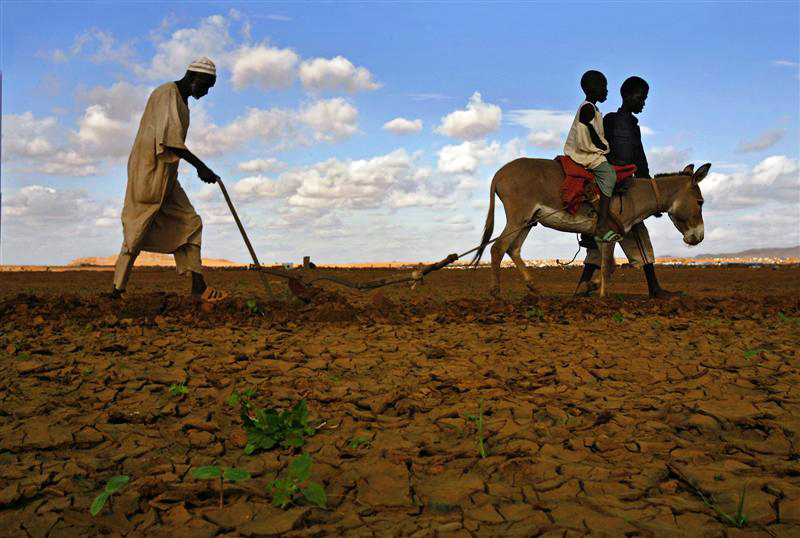Indigenous people such as Bedouin tribesmen and African farmers have long depended on traditional knowledge to help them coax food from the earth.
Now a researcher hopes to meld this with science to create a drought-busting tool. Muthoni Masinde grew up in Kenya and currently works in South Africa as a weather scientist using advanced data-collecting tools to help to predict rain patterns. She is now combining the knowledge acquired through her PhD in computer sciences with the lore of local communities in order to map rainfall. "People have always depended on signs to predict weather and use them as a way of telling when to plant crops or prepare for poor rains," she says. "It can be the appearance of a type of pale frog, or the cattle acting skittish." However, these methods would depend on luck as much as anything else and farmers could end up making wrong decisions. For instance, planting too soon before the rains come could mean the crops die and the farmer is then left with no seeds and no way of replacing them. "Commercial farmers are better able to mitigate risk through crop insurance and bank loans as well as technical advice," Ms Masinde says. "Small-scale farmers have to carry the entire risk when they plant, which is why they need to have accurate information." What is needed is a scientific element to shore up local knowledge so that farmers can make the right decisions. Ms Masinde has devised a system of electronic sensors which can be placed with local communities and used to gather data necessary for computer modelling. The wireless sensors measure humidity and upload the data to a central server for analysis. These sensors are built from off-the-shelf parts and are considerably cheaper than conventional weather stations. This will allow them to be widely distributed. At the same time researchers will gather local knowledge that will also be sent to the central server. The combined information will be used to draw up a picture of the microclimate for participating communities, effectively providing them with their own weather service. The information is returned to the community via a mobile phone service such as SMS. "This is a tool developed specifically for small farmers," says Ms Masinde. "We can’t stop drought but we can help farmers make decisions that will help them prepare for it." Mobile phones are used to spread information since few farmers have computers or internet access, while most own a handset. Messages are simple and non-technical, for example: "There will be adequate rain during the first two weeks of the season; you are advised to plant early to take advantage of this rainfall". The system has been tested in Mozambique, Kenya and South Africa’s KwaZulu-Natal province. Its value goes beyond the commercial, as more than 70 per cent of Africa’s rural people depend on agriculture for subsistence. So successful has it been that Ms Masinde’s work has attracted the attention of the South African Weather Service (SAWS), the largest on the continent. The institution recently approached her and set up a collaborative effort to track weather patterns and work on drought prevention. "The more information and history we have the better we will become at anticipating weather anomalies such as drought," says the SAWS senior manager of research Nhlonipho Nhlabatsi. "The old guys living on a farm know the patterns of their area and this can now be added to our database to help determine the likelihood and timing of rain." SAWS already draws on a network of experts and scientists based at universities around the country. It is one of the most research-intensive organisations in Africa. "Water is a precursor to everything we need – it is essential for food security," Mr Nhlabatsi says. Research is especially important now as the country undergoes a crippling drought. Eight of South Africa’s nine provinces have been declared disaster areas because of the lack of rain. According to SAWS this past year has seen the lowest rainfall since 1904. Only Gauteng, the country’s industrial heartland with little agriculture is not a declared disaster area. However, residents of Johannesburg live with severe water use restrictions and face heavy fines for overuse. Farmers have been resorting to slaughtering cattle as herds starved from lack of grassland feed. South Africa only managed to produce 7.2 million tonnes of maize, down 28 per cent from last year’s 9 million tonnes. The country needs about 11 million tonnes annually, which means it will have to import some 4 million tonnes to feed itself. A study by South Arica’s First National Bank estimates the imports will cost around 22 billion rand (Dh5.88bn). Usually, rain falls in the spring for most of the country, which is the current season in the southern hemisphere. As yet there is little sign of it. Not only is South Africa affected, neighbouring countries such as Zimbabwe, Malawi and Mozambique are also struggling with a lack of water. Recently the UN Food and Agriculture Organisation said about 23 million farmers in southern Africa needed urgent assistance as the drought depletes their resources. While drought cannot be prevented, good planning should soften its effects, Mr Nhlabatsi says. Rather than treating drought as a natural disaster, policy planners should view it as a recurring anomaly and make preparations. Farmers can build up feedstocks and water-saving schemes can be implemented ahead of time to ensure that dams are full. The national treasury can prepare for the expected increased expenditure on imports, Mr Nhlabatsi says. At present, officials and farmers tend to ignore warnings and hope for the best instead of preparing for the worst. "We knew this [drought] was coming," Mr Nhlabatsi says. "What we needed was for people to listen to scientists and prepare." Source - http://www.thenational.ae
ScaleAgData Stakeholder Engagement Event
22.10.2024The ScaleAgData project is pleased to invite you to our second stakeholder event. Building on the discussions and connections formed during our first webinar, this event will focus on fostering collaboration among stakeholders, providing updates on our project’s progress, and outlining future opportunities for engagement.

USA - Taylor County farmer arrested for crop insurance fraud
A man in Taylor County, KY, has been sentenced to 12 months and 1 day in federal prison for crop insurance fraud. Between 2014 and 2021, Hunt sold crops under the names of other people and significantly underreported his true production on crop insurance claim forms, resulting in over $1.6 million in fraudulent insurance overpayments.

India - The changes aim to ensure that farmers are not denied crop insurance benefits due to the default of state governments
Union Agriculture Minister Shivraj Singh Chouhan has announced crucial modifications to the Pradhan Mantri Fasal Bima Yojana (PMFBY), citing the Centre's experience with the previous Jagan Reddy government in Andhra Pradesh. The changes aim to ensure that farmers are not denied crop insurance benefits due to the default of state governments.
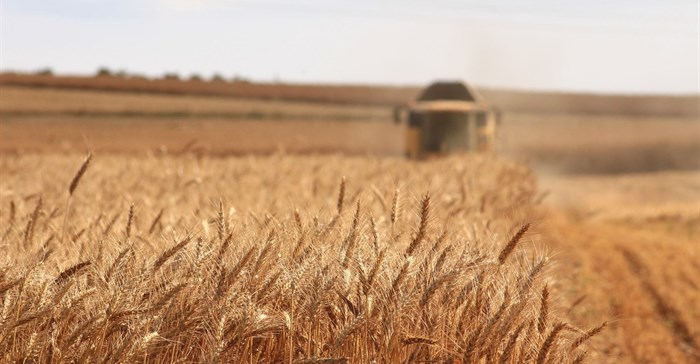
New area-yield index insurance helps farmers tackle climate risks
Land Bank Insurance Company has expanded its pilot “index insurance” product with the introduction of Area-Yield Index Insurance (AYII), designed to help farmers manage financial losses caused by large-scale climatic and environmental risks.
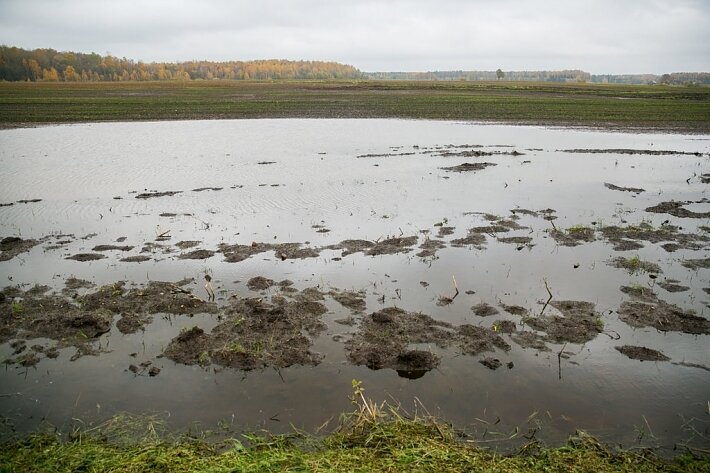
Lithuania declares nationwide emergency over summer rainfall damage
Lithuania’s government on Wednesday declared a nationwide emergency after weeks of heavy summer rains caused widespread crop losses, following a proposal from the National Crisis Management Centre and the Agriculture Ministry.
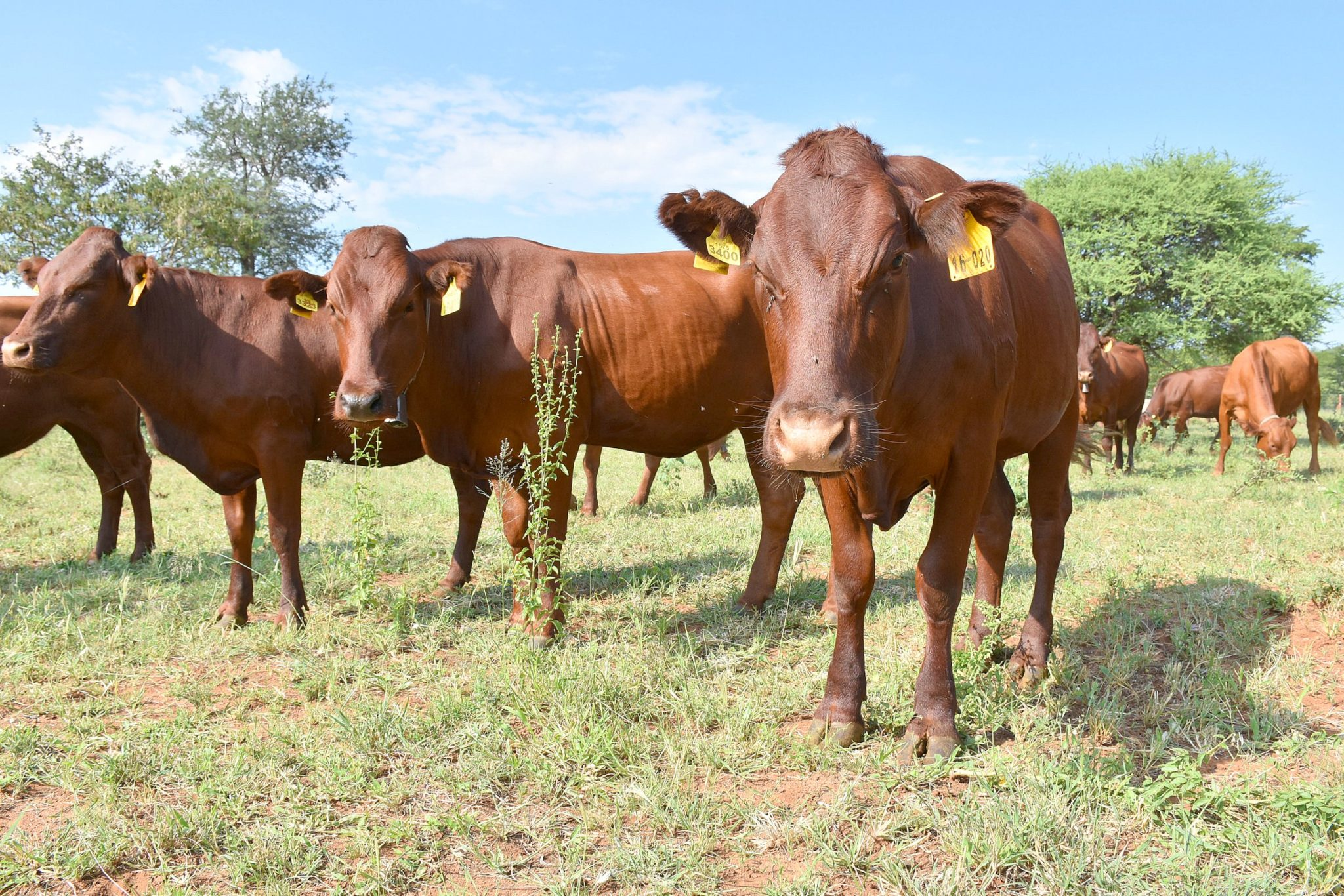
Australia develops world-first biodegradable foot and mouth disease vaccine
The world’s first biodegradable vaccine for foot and mouth disease (FMD) has been developed in Australia, a country that remains free from the dreaded livestock

USA - Researchers make breakthrough discovery that could transform agriculture: 'This research is important'
Scientists at Iowa State University have determined that co-locating solar panels and certain plants may be beneficial for crop production.
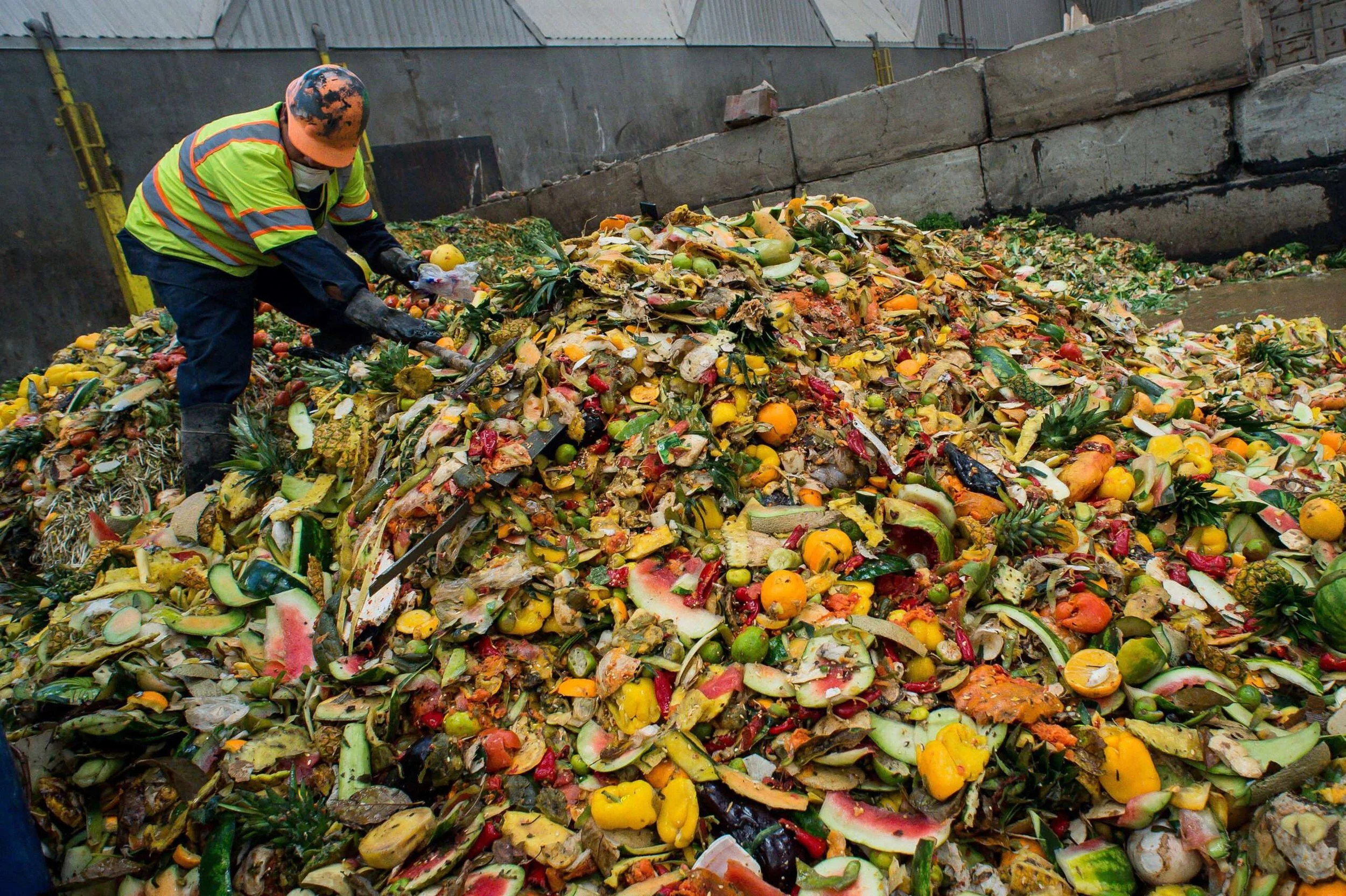
Fiji - Agriculture ministry tackles food waste
The Ministry of Agriculture is exploring an innovative new approach to reduce food waste by converting post-harvest losses and kitchen scraps into valuable resources like livestock feed and soil enhancers.

USA - Continuing drought affecting Vermont farmers, especially livestock farms
As dry conditions continue to spread across Vermont, one industry that is feeling the heat is the farms.


